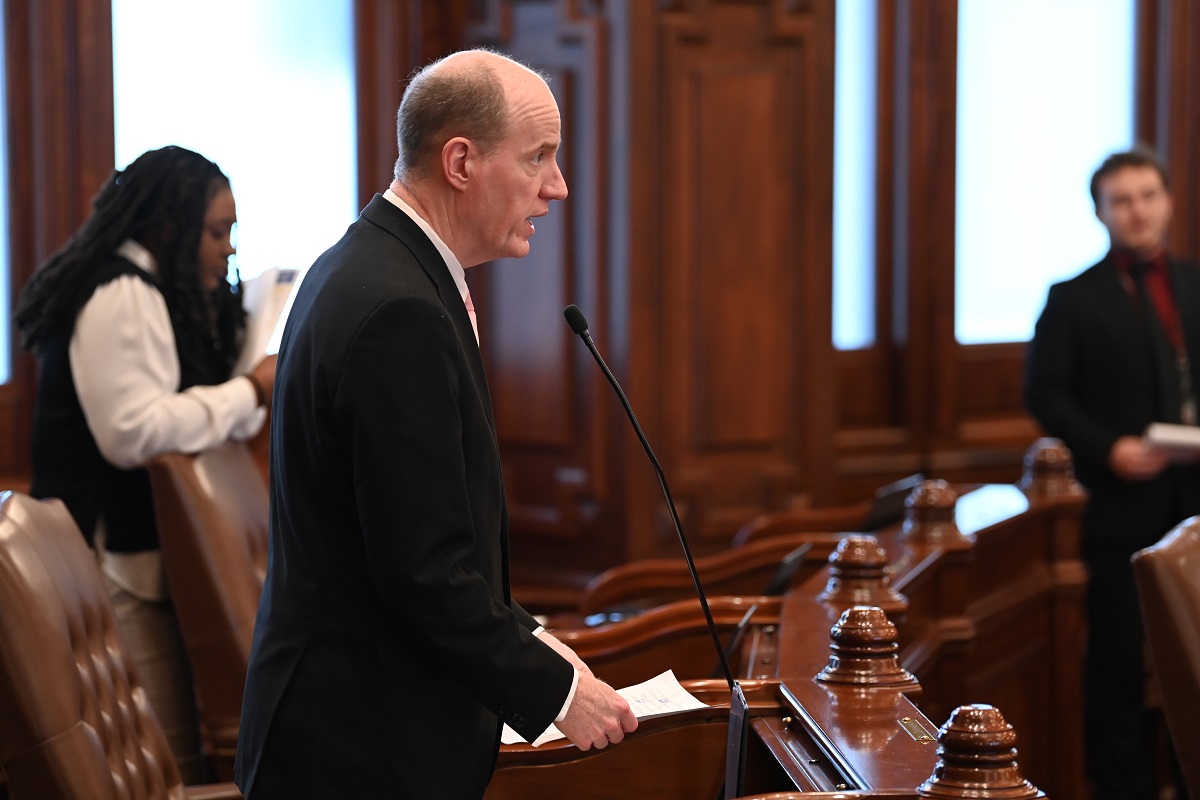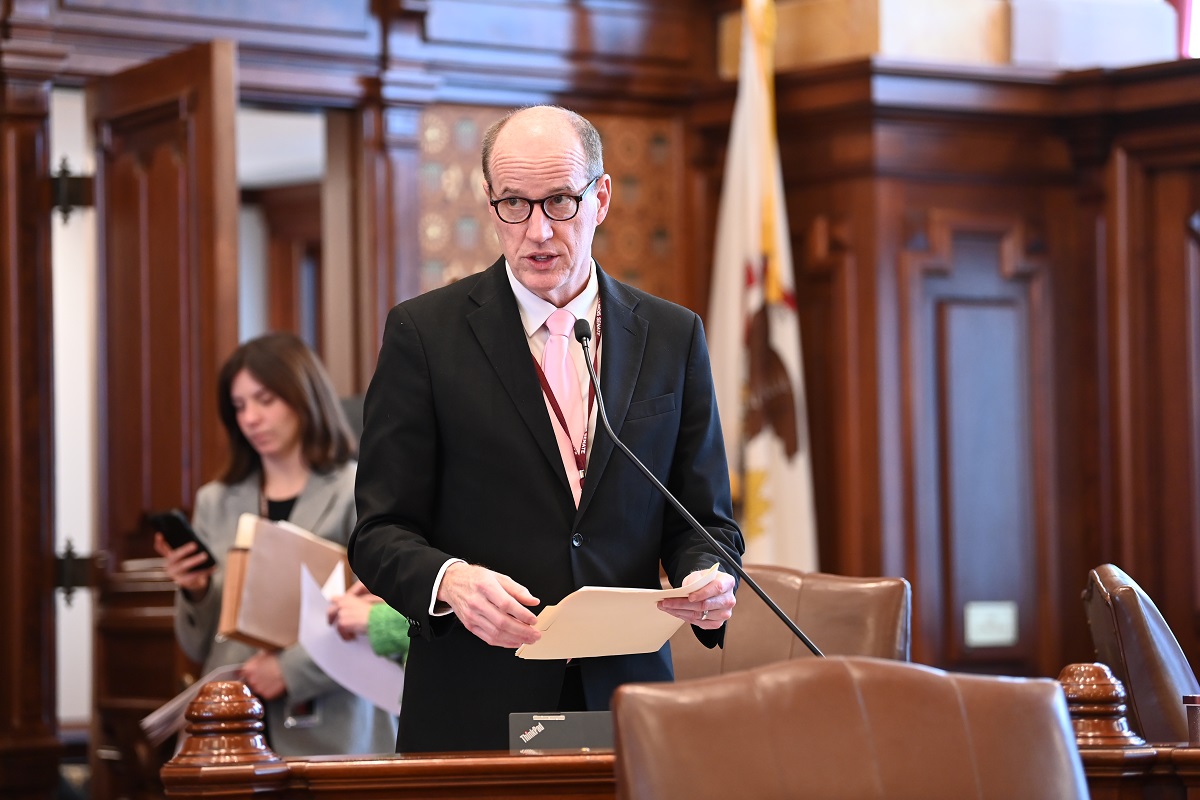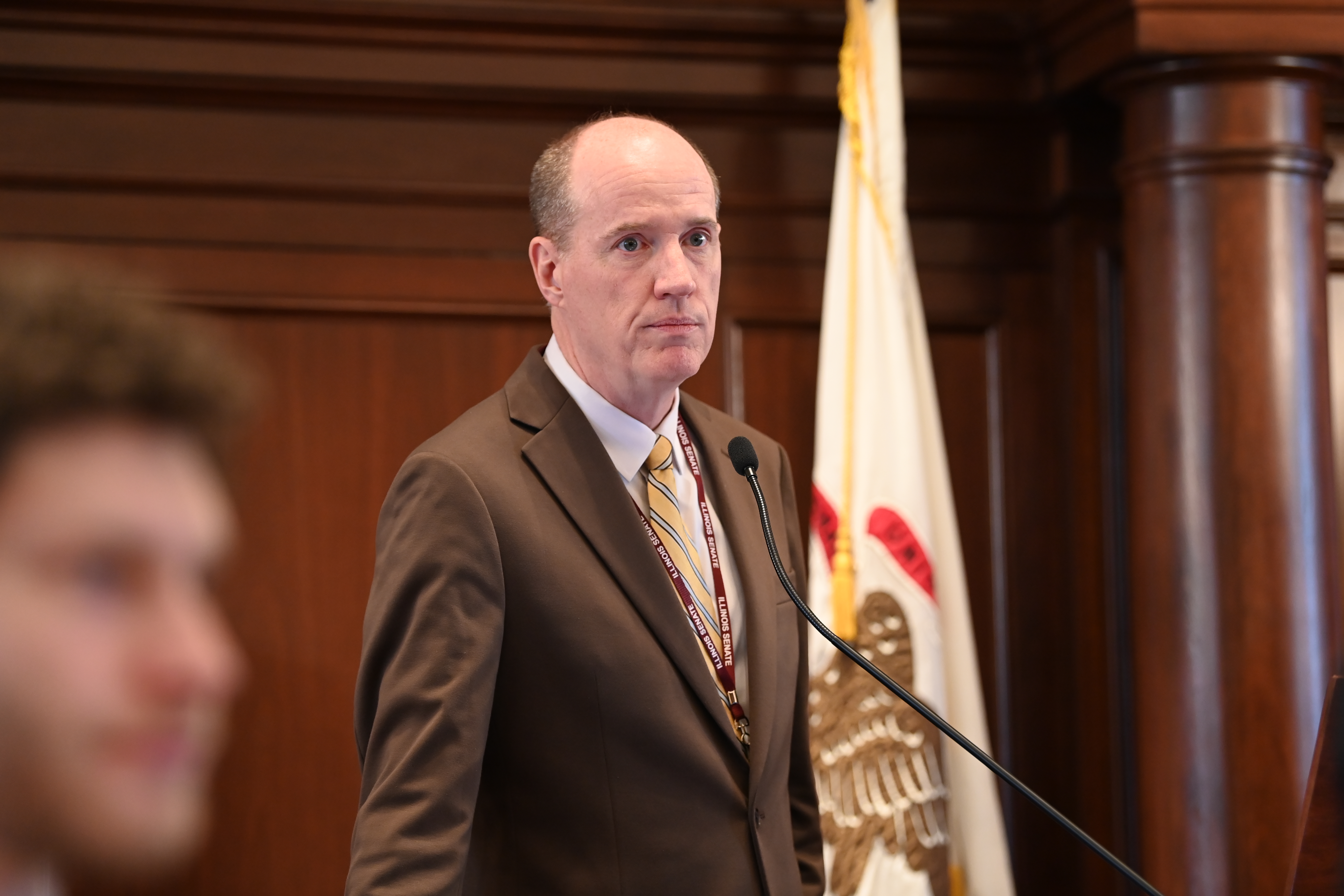- Details
- Category: Press Releases

SPRINGFIELD – State Senator Bill Cunningham advanced a measure that would specifically set aside funding for the city of Chicago to purchase and repair emergency service vehicles like firetrucks and ambulances.
“When there is an emergency, people want to know that a working fire truck and ambulance are going to arrive at the scene,” said Cunningham, a Democrat who represents portions of Chicago and the Southwest Suburbs. “This measure will ensure that funds collected from ambulance rides will be used to upgrade emergency service vehicles and not be raided for other purposes.”
- Details
- Category: Press Releases

SPRINGFIELD – State Senator Bill Cunningham advanced a measure to ban unregulated wagering at arcades like Dave & Buster’s.
“We have been extremely careful with how we regulate gambling in Illinois, whether that is on sports, table games or video poker,” said Cunningham, a Democrat who represents portions of Chicago and the Southwest Suburbs. “Arcades marketed as family fun shouldn’t be in the business of exposing minors to gambling.”
- Details
- Category: Press Releases

PALOS – State Senator Bill Cunningham secured more than $18,000 in grants to provide resources for local public school libraries.
“School libraries play a major role in the lives of many students,” said Cunningham, a Democrat who represents portions of Chicago and the Southwest Suburbs. “Giving these school libraries additional resources will help the next generation of students succeed.”
- Details
- Category: Press Releases
SPRINGFIELD – State Senator Bill Cunningham is supporting a measure to simplify the college admissions process for high school seniors and community college transfer students.
“High school seniors and community college transfer students already face significant challenges as they navigate their education,” said Cunningham, a Democrat who represents portions of Chicago and the Southwest Suburbs. “The last thing they need is to be overwhelmed with a complicated admissions process full of unnecessary fees, paperwork, and delays. This bill will make it easier for students, especially those in our communities like Moraine Valley Community College, to pursue higher education without additional barriers.”
More Articles …
Page 5 of 72




